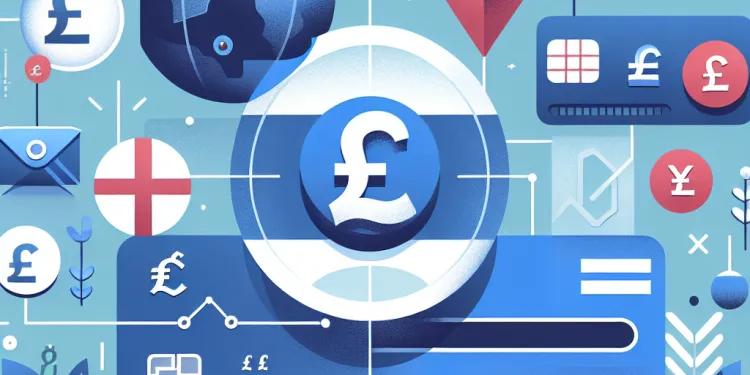
Find Help
More Items From Ergsy search
-

Is a balance transfer the right choice for me?
Relevance: 100%
-

How does a balance transfer work?
Relevance: 96%
-

Are there any fees associated with balance transfers?
Relevance: 96%
-

What is a balance transfer credit limit?
Relevance: 96%
-

What is a Balance Transfer Credit Card?
Relevance: 95%
-

Will transferring a balance affect my credit score?
Relevance: 95%
-

How do I apply for a balance transfer card?
Relevance: 94%
-

How long does a balance transfer take?
Relevance: 92%
-

Can I transfer a balance to a card with no promotional offer?
Relevance: 91%
-

Do balance transfer offers apply to new purchases?
Relevance: 91%
-
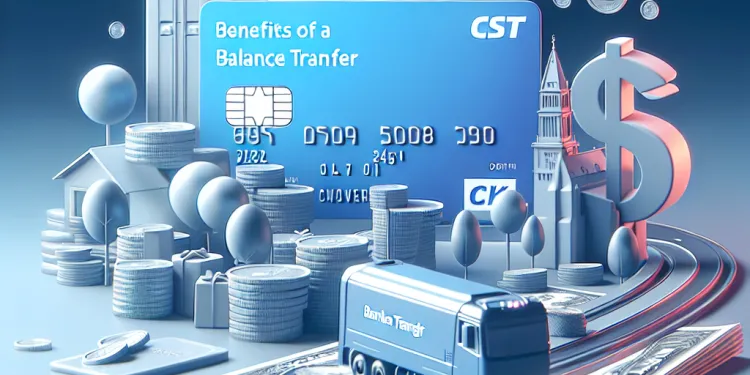
What are the benefits of a balance transfer credit card?
Relevance: 90%
-
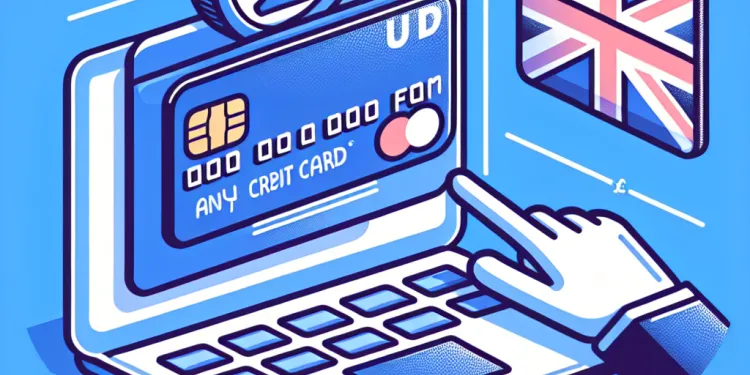
Can I transfer balances from any credit card?
Relevance: 88%
-
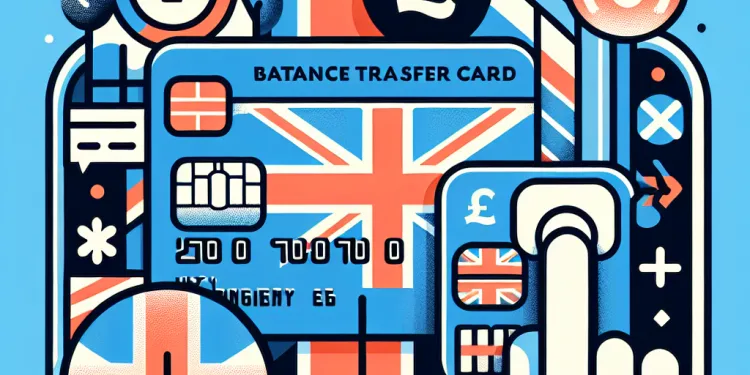
Can I use a balance transfer card for new purchases?
Relevance: 88%
-

What is the typical duration of a promotional balance transfer offer?
Relevance: 88%
-
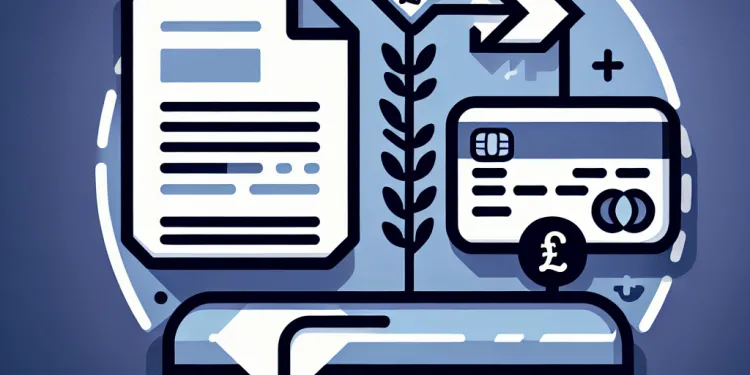
Can I transfer a balance from a loan to a credit card?
Relevance: 88%
-

What is a good credit score to qualify for a balance transfer card?
Relevance: 82%
-
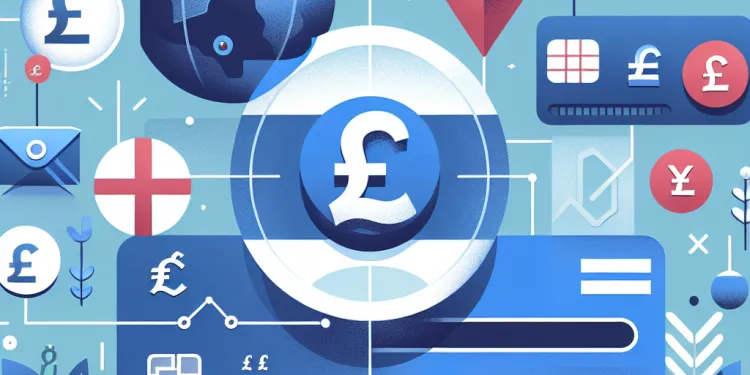
What should I consider before doing a balance transfer?
Relevance: 66%
-

Can I transfer my ISA between providers?
Relevance: 54%
-

Is there a minimum transfer amount required?
Relevance: 54%
-

How are embryos transferred during IVF?
Relevance: 52%
-

How many embryos are usually transferred in IVF?
Relevance: 52%
-
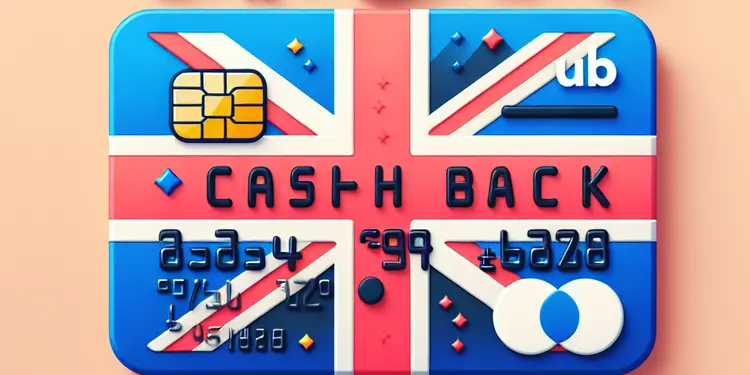
Can I transfer cashback rewards to another credit card?
Relevance: 51%
-

Can a company refuse to register a share transfer?
Relevance: 49%
-
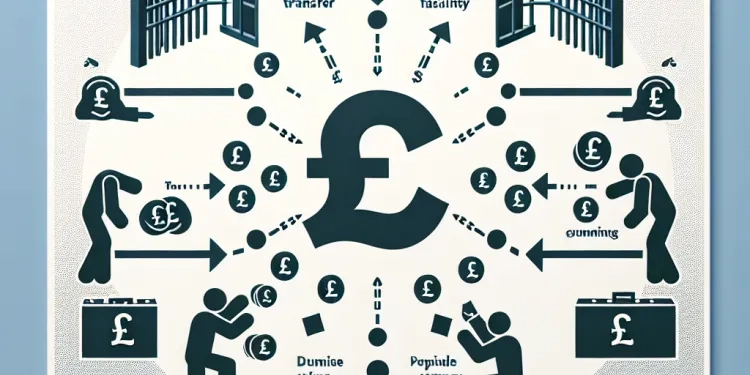
What happens if an inmate is transferred to another facility?
Relevance: 49%
-

Can I transfer my TV license to a new address?
Relevance: 49%
-
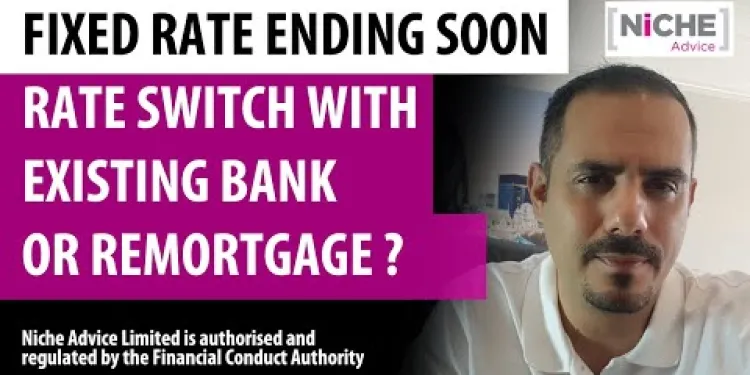
Product Transfer Rate Switch vs Remortgage What's Best
Relevance: 48%
-

Falls Prevention - strength and balance exercises
Relevance: 43%
-

What is the role of sugar in a balanced diet?
Relevance: 42%
-

How do I balance my fat intake with other nutrients?
Relevance: 40%
-

Can junk food be part of a balanced diet?
Relevance: 39%
-

Do mixed exercises help in achieving a balanced physique?
Relevance: 39%
-

What are potentially exempt transfers (PETs)?
Relevance: 37%
-

How can I balance my salt intake when eating out?
Relevance: 33%
-

What happens when the introductory APR period ends?
Relevance: 32%
-

What fees should I avoid when choosing a new bank?
Relevance: 29%
-

Credit Cards for Beginners Explained UK | Do's and Don't | Type of Cards
Relevance: 26%
-

Credit Cards for Beginners Explained UK | Do's and Don't | Type of Cards
Relevance: 25%
-

How long does it take to switch banks?
Relevance: 25%
-

Can unused inheritance tax threshold be transferred?
Relevance: 25%
-

How can I redeem my cashback rewards?
Relevance: 25%
Introduction to Balance Transfers
Balance transfers can be a smart financial strategy for those looking to manage debt more effectively. By transferring an existing balance from a high-interest credit card to one with a lower interest rate, you can potentially save money and pay down your debt more efficiently. However, there are several factors to consider before proceeding with a balance transfer.
Interest Rates and Fees
One of the primary reasons people choose to do a balance transfer is to take advantage of lower interest rates. Many credit cards offer introductory 0% APR on balance transfers for a limited period, often between 6 to 24 months. It's crucial to understand what the interest rate will be after the introductory period ends, as it may revert to a high standard rate. Additionally, balance transfers usually come with a fee, typically ranging from 1% to 3% of the transferred amount. Ensure the savings from the lower rate outweigh the cost of the transfer fee.
Credit Limit Considerations
When considering a balance transfer, be mindful of the credit limit on the new card. You may not be able to transfer your entire balance if the new card has a lower credit limit than your current balance. Exceeding 30% of the available credit on the new card can negatively impact your credit score. Aim to transfer a balance that allows you to maintain a low credit utilization ratio.
Eligibility and Application Process
Not everyone will qualify for a balance transfer card, especially those with poor credit scores. Before applying, it's important to check the eligibility criteria of the card issuer and whether it fits your credit profile. Applying for multiple credit cards in a short period can negatively affect your credit score, so consider your options carefully and apply strategically.
Repayment Plan
Before transferring a balance, it's advisable to have a repayment plan in place. Determine how much you need to pay each month to clear the debt within the 0% interest period. This will help ensure you pay off the balance before the higher interest rate kicks in. Automating payments can help keep you on track and avoid missed payments, which can incur extra fees and impact your credit score.
Impact on Credit Score
While a balance transfer can initially cause a small dip in your credit score due to the hard inquiry, effective management of the transferred balance can improve your score over time. Ensure you keep up with monthly payments and try to avoid new debt accumulation. A successful balance transfer strategy involves lowering your overall debt burden and keeping credit utilization in check.
Conclusion
Balance transfers can be a beneficial tool for managing credit card debt, but it requires careful consideration and planning. By evaluating interest rates, fees, credit limits, eligibility, and having a clear repayment plan, you can make informed decisions that positively impact your financial health. Always consider how the balance transfer fits into your overall financial strategy and long-term goals.
Introduction to Balance Transfers
Balance transfers help manage debt. You move money from a credit card with high interest to one with low interest. This can save money and help pay off debt faster. But think carefully before doing a balance transfer.
Interest Rates and Fees
People like balance transfers for the low interest rates. Some cards have 0% interest for a short time, like 6 to 24 months. After that, the interest could go up a lot. Also, balance transfers usually have a fee. This fee is about 1% to 3% of the money you move. Make sure the savings are more than the fee.
Credit Limit Considerations
Check the credit limit on the new card. You might not move all your debt if the limit is too low. Using more than 30% of your credit can hurt your credit score. Try to keep it low.
Eligibility and Application Process
Not everyone can get a balance transfer card, especially with a low credit score. Check if you can get the card before applying. Applying for many cards quickly can lower your score. Choose carefully and apply wisely.
Repayment Plan
Have a repayment plan before moving your balance. Know how much to pay each month to clear the debt. Do this before the interest goes up again. Set up automatic payments to avoid missing payments and extra fees.
Impact on Credit Score
Balance transfers might lower your credit score a little at first. But paying on time can improve it later. Keep up with payments and avoid new debt. A good plan can reduce debt and keep your credit score healthy.
Conclusion
Balance transfers can help manage debt, but need careful planning. Check interest rates, fees, limits, and if you can get the card. Make a clear repayment plan. Think about how this fits your money goals.
Frequently Asked Questions
Useful Links
This website offers general information and is not a substitute for professional advice.
Always seek guidance from qualified professionals.
If you have any medical concerns or need urgent help, contact a healthcare professional or emergency services immediately.
Some of this content was generated with AI assistance. We’ve done our best to keep it accurate, helpful, and human-friendly.
- Ergsy carfully checks the information in the videos we provide here.
- Videos shown by Youtube after a video has completed, have NOT been reviewed by ERGSY.
- To view, click the arrow in centre of video.
- Most of the videos you find here will have subtitles and/or closed captions available.
- You may need to turn these on, and choose your preferred language.
- Go to the video you'd like to watch.
- If closed captions (CC) are available, settings will be visible on the bottom right of the video player.
- To turn on Captions, click settings .
- To turn off Captions, click settings again.
More Items From Ergsy search
-

Is a balance transfer the right choice for me?
Relevance: 100%
-

How does a balance transfer work?
Relevance: 96%
-

Are there any fees associated with balance transfers?
Relevance: 96%
-

What is a balance transfer credit limit?
Relevance: 96%
-

What is a Balance Transfer Credit Card?
Relevance: 95%
-

Will transferring a balance affect my credit score?
Relevance: 95%
-

How do I apply for a balance transfer card?
Relevance: 94%
-

How long does a balance transfer take?
Relevance: 92%
-

Can I transfer a balance to a card with no promotional offer?
Relevance: 91%
-

Do balance transfer offers apply to new purchases?
Relevance: 91%
-

What are the benefits of a balance transfer credit card?
Relevance: 90%
-

Can I transfer balances from any credit card?
Relevance: 88%
-

Can I use a balance transfer card for new purchases?
Relevance: 88%
-

What is the typical duration of a promotional balance transfer offer?
Relevance: 88%
-

Can I transfer a balance from a loan to a credit card?
Relevance: 88%
-

What is a good credit score to qualify for a balance transfer card?
Relevance: 82%
-

What should I consider before doing a balance transfer?
Relevance: 66%
-

Can I transfer my ISA between providers?
Relevance: 54%
-

Is there a minimum transfer amount required?
Relevance: 54%
-

How are embryos transferred during IVF?
Relevance: 52%
-

How many embryos are usually transferred in IVF?
Relevance: 52%
-

Can I transfer cashback rewards to another credit card?
Relevance: 51%
-

Can a company refuse to register a share transfer?
Relevance: 49%
-

What happens if an inmate is transferred to another facility?
Relevance: 49%
-

Can I transfer my TV license to a new address?
Relevance: 49%
-

Product Transfer Rate Switch vs Remortgage What's Best
Relevance: 48%
-

Falls Prevention - strength and balance exercises
Relevance: 43%
-

What is the role of sugar in a balanced diet?
Relevance: 42%
-

How do I balance my fat intake with other nutrients?
Relevance: 40%
-

Can junk food be part of a balanced diet?
Relevance: 39%
-

Do mixed exercises help in achieving a balanced physique?
Relevance: 39%
-

What are potentially exempt transfers (PETs)?
Relevance: 37%
-

How can I balance my salt intake when eating out?
Relevance: 33%
-

What happens when the introductory APR period ends?
Relevance: 32%
-

What fees should I avoid when choosing a new bank?
Relevance: 29%
-

Credit Cards for Beginners Explained UK | Do's and Don't | Type of Cards
Relevance: 26%
-

Credit Cards for Beginners Explained UK | Do's and Don't | Type of Cards
Relevance: 25%
-

How long does it take to switch banks?
Relevance: 25%
-

Can unused inheritance tax threshold be transferred?
Relevance: 25%
-

How can I redeem my cashback rewards?
Relevance: 25%


